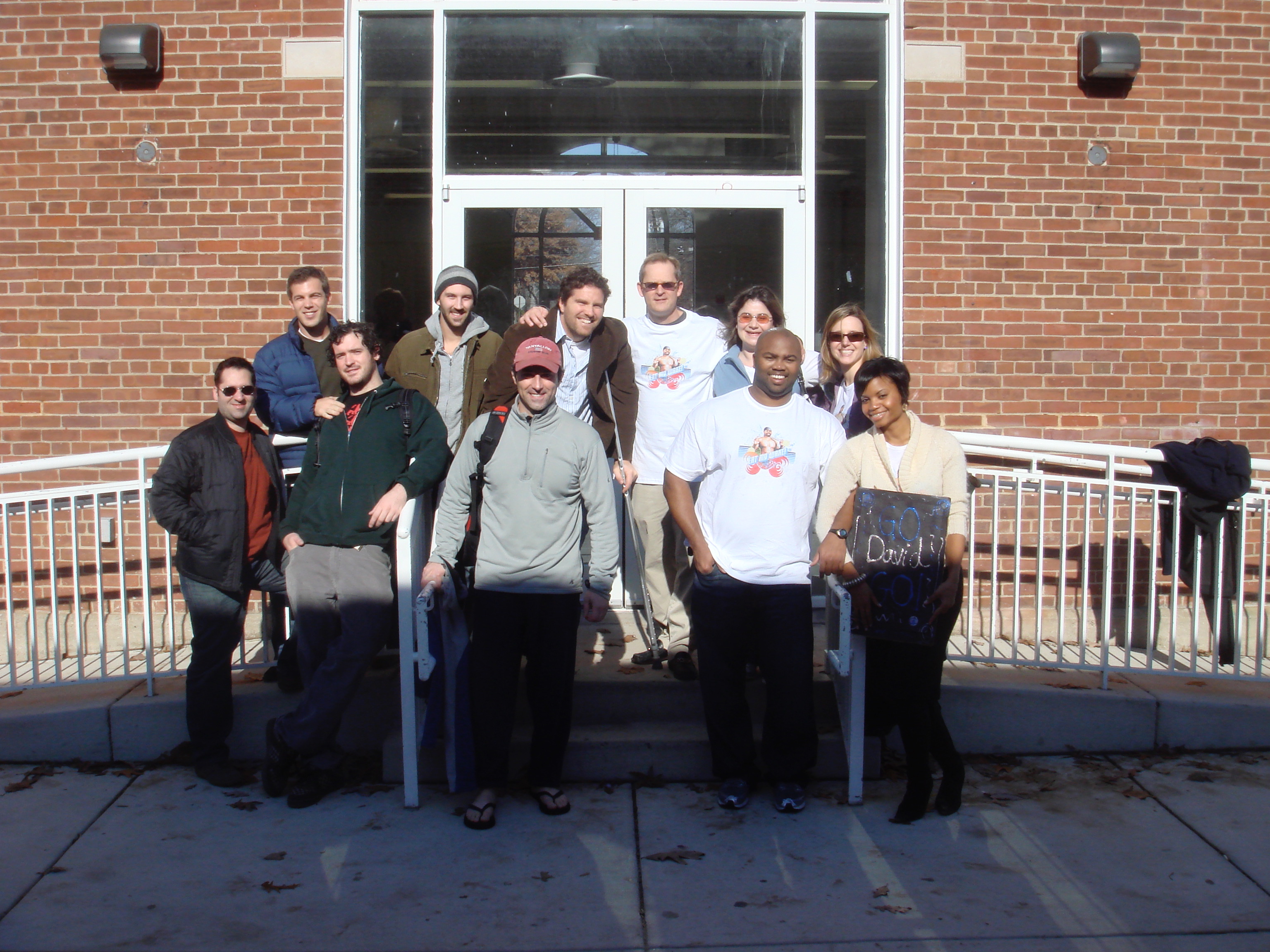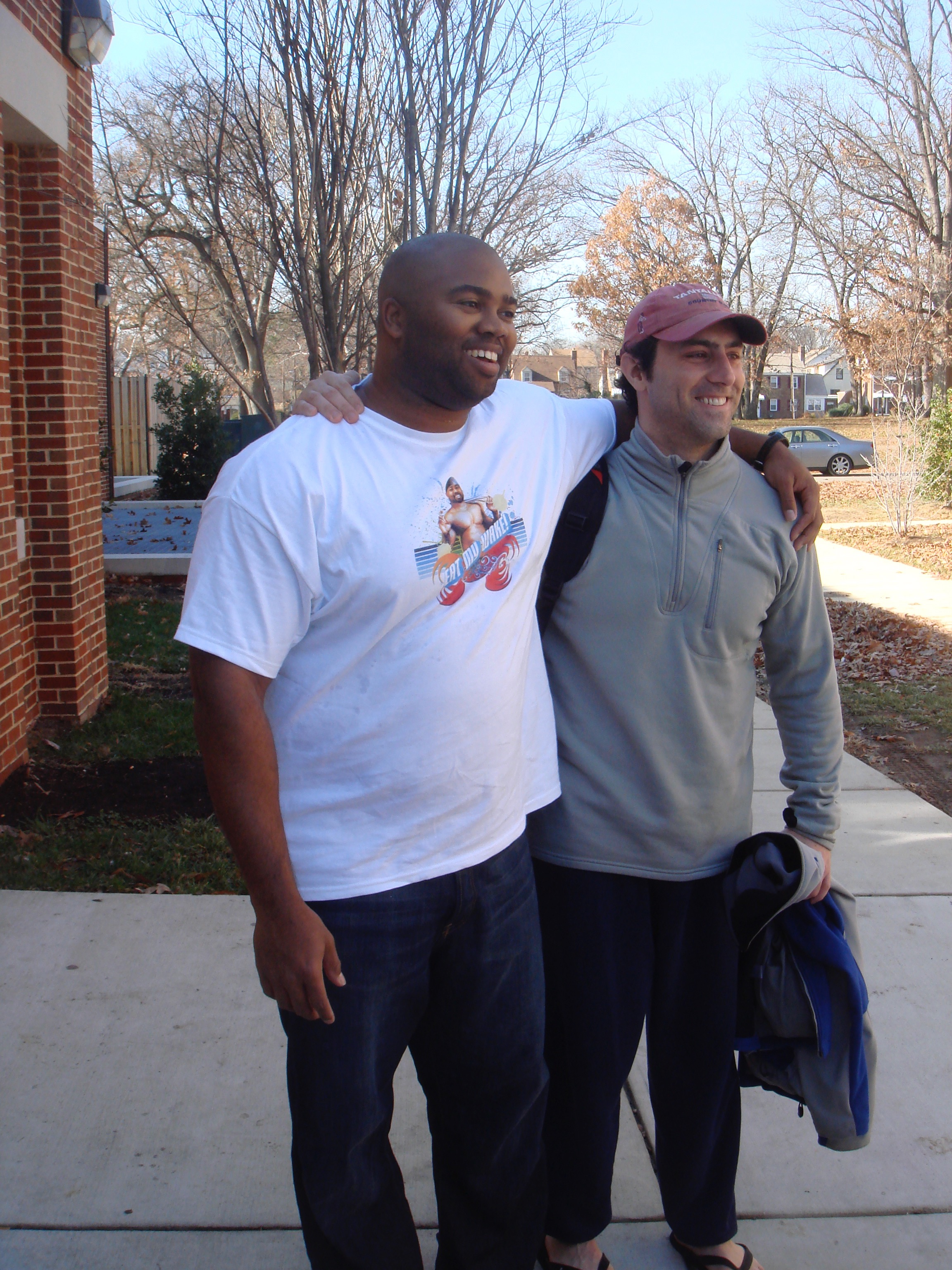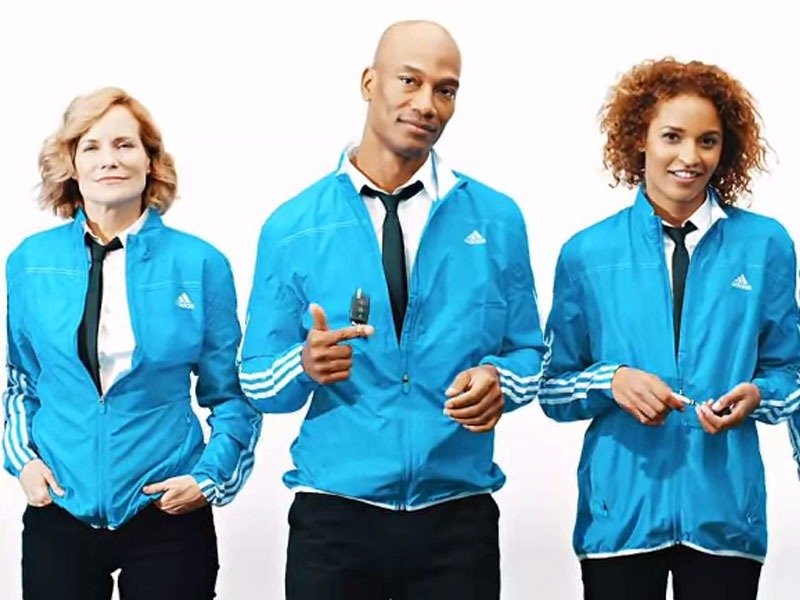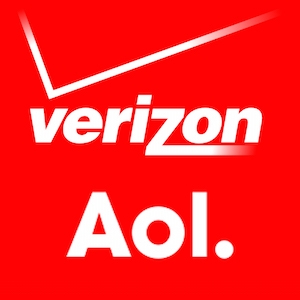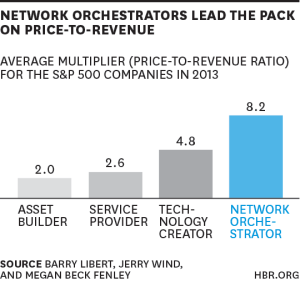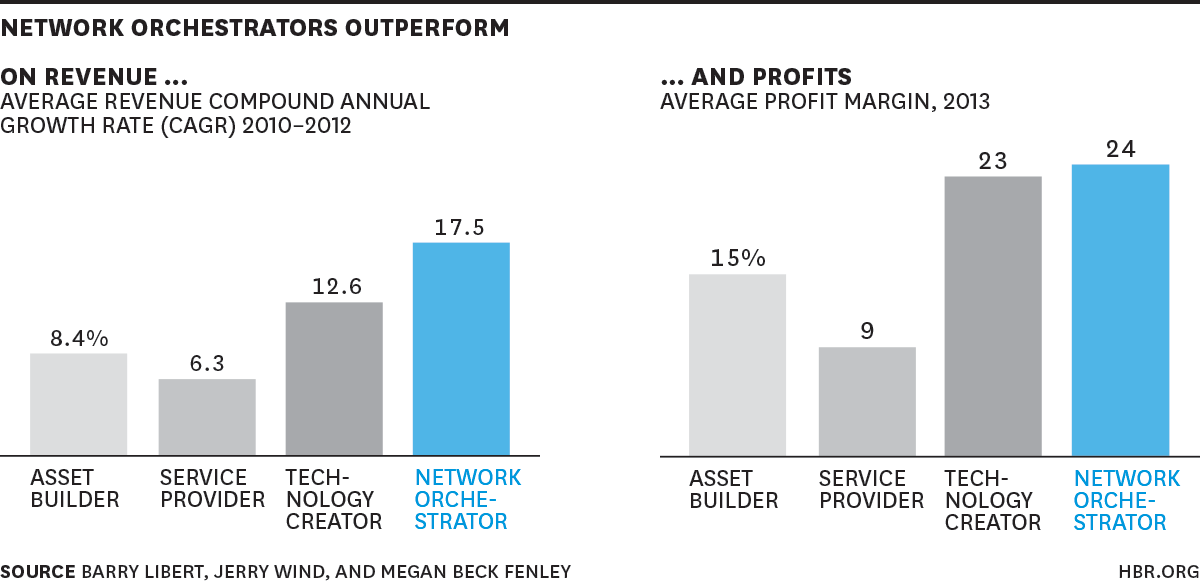This is post #12 about the Qloud experience. The previous post was about about the launch of Qloud. You can read that here.
Towards the end of 2007, we knew we had great growth but an unsustainable business model. We also knew that we were running out of cash. Both Toby and I felt that we had to exit this company or raise a big round of funding. We didn’t think the big round was possible, so we started looking for an exit.
One company that we thought would be interesting was Buzznet. This was a new music-oriented social network that was part social network and part blog network. It was growing quickly and had Universal Music as a main investor. They seemed like a good candidate. Our board member, Jim Bankoff, knew their CEO well and made an introduction. Nothing happened.
Then a fellow named Happy Walters came into Revolution’s offices (where we worked). We met him and he said he also knew Tyler and could make a connection. Nothing really happened.
A few weeks later we were in Los Angeles for some reason and we were talking about Buzznet and Toby and I decided to do a tactic that is unconventional but always works. We stopped by unannounced in person. We just went to their office and asked if Tyler Goldman was available. If you show up, you at least will have them come say hi and tell you in person that they aren’t available. That’s what happened, but that got us on his radar and started the conversation.
When we talked to we flat out told him that we would amenable to an acquisition. He thought that sounded interesting and followed up a week or two later that he had talked with the board and they would like to pursue what it looks like also. A few meetings later (including a trip I took to Happy’s ranch in Montana) and we had an offer from them to get acquired for $10 million. We were also going back and forth with MTV/Viacom about an acquisition so we had some competition that kept it interesting.
This would be a good outcome for us as we had raised only $3 million and would land us in a place where we could really grow the business.
We also had to convince Steve Case and Revolution about the deal. I’ll never forget a meeting we had in his office once the offer came. He sat Toby and I down and said something like,
“I started America Online in the 80’s. It took us years to get traction. We built little by little and it was hard but steady. During that time I had many offers to get acquired. I turned down all of them and built AOL up to be worth over a hundred billion dollars. You guys get your first offer and you want to sell?”
Toby’s response was classic. He replied, “Steve, I sincerely appreciate your success at AOL. But, I’m poor. I’ve been building a startup with no salary for two years. I have 3 kids. This deal changes my life. I understand what you’re saying, but we want to sell.”
To Steve’s credit he immediately said, “Okay, then let’s do it.” And that was that.
The story doesn’t end there. Tyler Goldman is killer and he’ll squeeze blood anyway he can. Through the diligence he saw our bank account and knew that we were running out of cash. He then went silent. He refused to return emails and phone calls from anyone. He waited weeks for us to burn through cash. Then when he finally re-emerged, knowing we had no cash in the bank, he said there’s a new deal on the table for $9 million. Take it or leave it. It was a dick move but we had no other options so we took it. I truly think he would have kept bleeding us if he didn’t have to work with us afterwards.
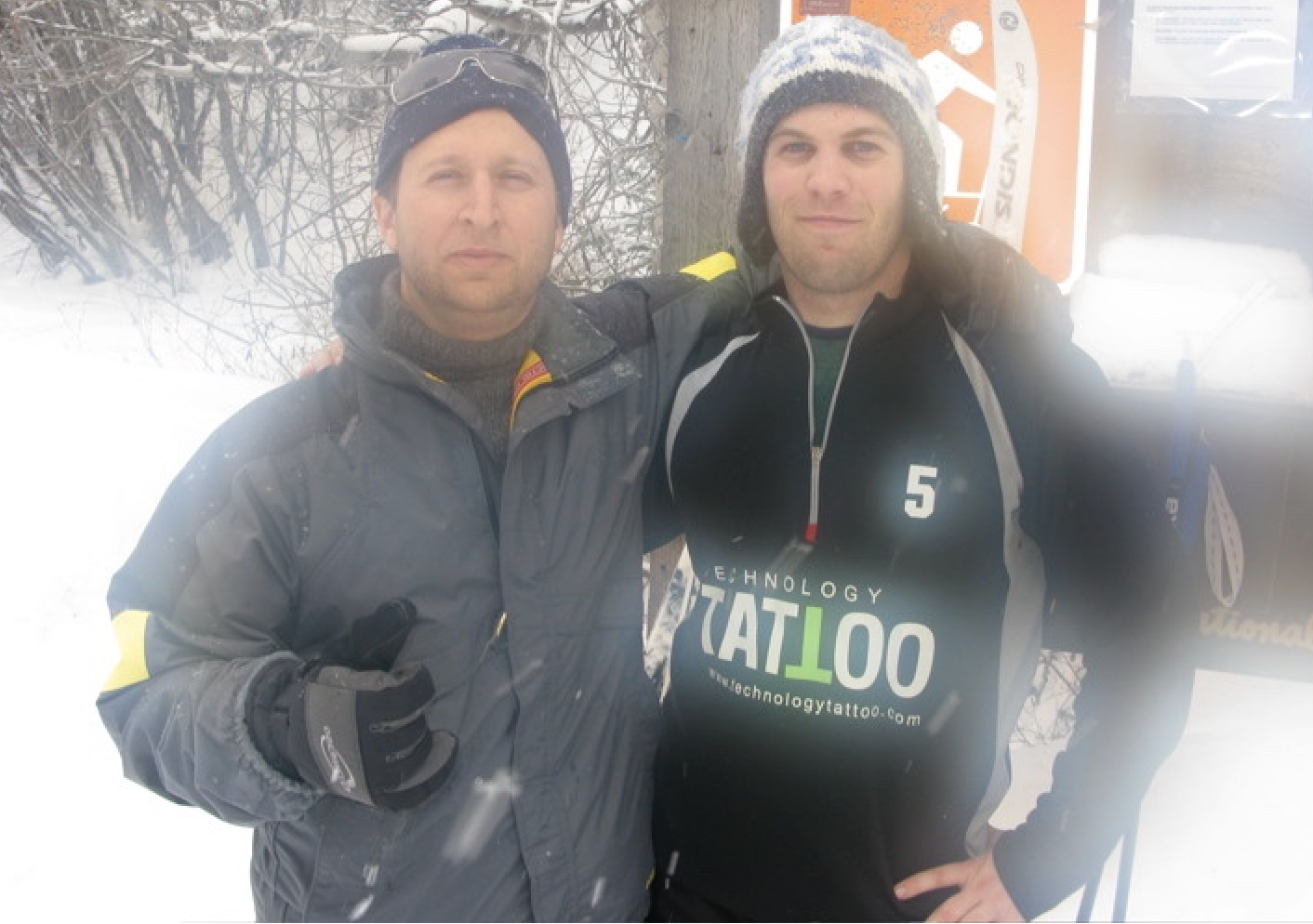
Of course the deal was all cash, which is what we wanted because we were doubtful of Buzznet’s success. But Case wanted “some skin in the game” in case it did great so we switched the deal to be have stock and half equity. Of course, Tyler ran Buzznet into the ground just 3 years later and its stock became worthless. So, that “skin in the game” decision was really painful.
The sale happened in Spring of 2008. We all moved out to Los Angeles except one of us. I was now SVP of Product for all of Buzznet. Qloud now had a home and licensed music. But, when the financial crisis hit later that year, Tyler shut Qloud down and the service was killed. We went on to work on the rest of the Buzznet business. All in all, the actual service that had 10’s of millions of users only existed for maybe 9 months.

